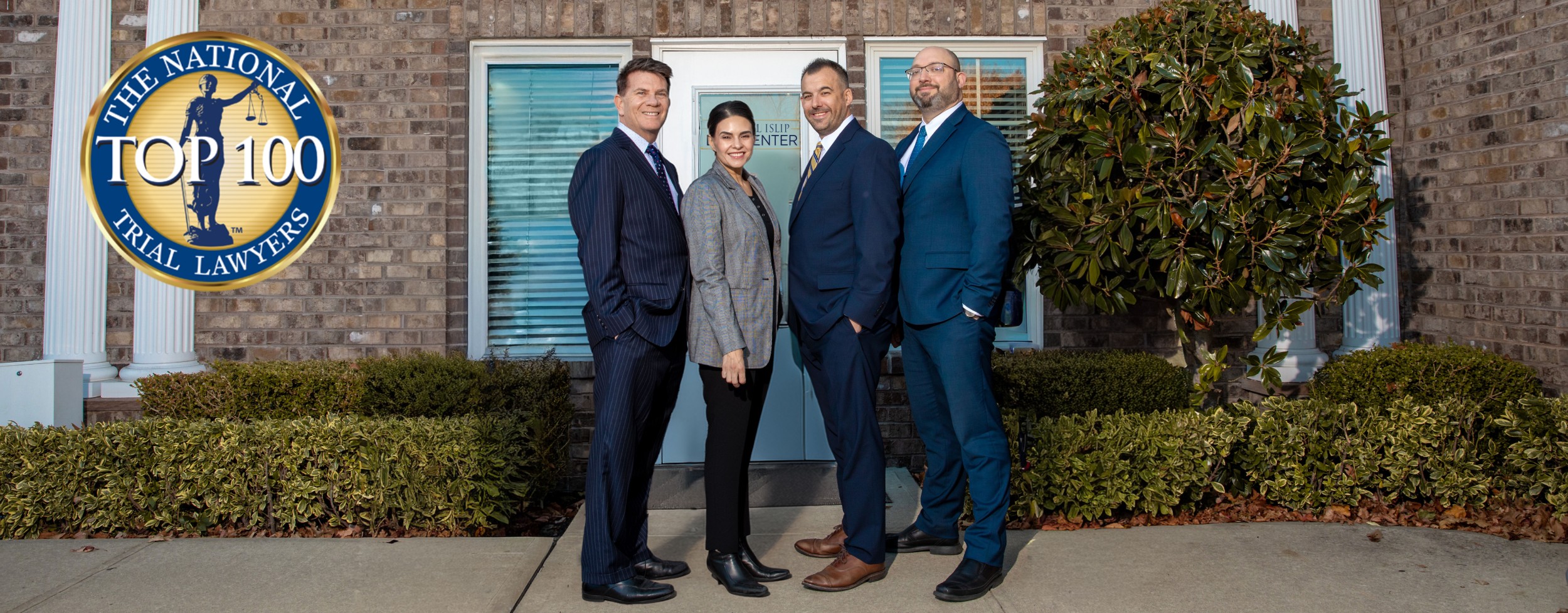The Eighth Amendment of the Constitution of the United States says, “Excessive bail shall not be required, nor excessive fines imposed, nor cruel and unusual punishments inflicted.” In theory, this means that the courts cannot assign any “cruel and unusual punishment” on any United States citizen. But what exactly makes a punishment cruel and unusual, and when does a court go too far in assigning a punishment for a crime?
The fact of the matter is that courts generally have broad authority when it comes to assigning punishments for crimes. While many states have clearly defined statutory minimum or maximum sentences for various crimes, judges have a significant latitude within those statutory limits. This also doesn’t prevent judges from occasionally getting creative with their sentencing, such as requiring a defendant to write a book report or asking a defendant to walk around town with a sign describing their crime.
The primary issue in arguing an Eighth Amendment case is that the punishment must both be “cruel” and “unusual” to be barred, and both can be somewhat subjective. That’s why, most of the time, the Eighth Amendment bar on cruel and unusual punishment comes up in cases where a person has been convicted of a capital crime and faces the death penalty. Occasionally, however, the topic of cruel and unusual punishment comes up when conditions at a jail or prison are particularly abysmal, or where a defendant has suffered particularly badly at the hands of prison guards or staff. It’s rare for the court to overturn or reduce a sentence on Eighth Amendment grounds, however, and it takes a truly “unusual” case for a punishment to be legally considered cruel and unusual.
If you or someone you know has been arrested for a criminal offense, you will need legal counsel to help you preserve your rights and work to get the best possible outcome for your matter. A New York criminal defense lawyer, who is experienced in handling criminal cases of all sorts, can advise you of your legal rights and will fight for your best interests in court. If you or your loved one has been arrested, contact the Suffolk County criminal defense attorneys at McGuire, Peláez and Bennett at (631) 348-1702.



